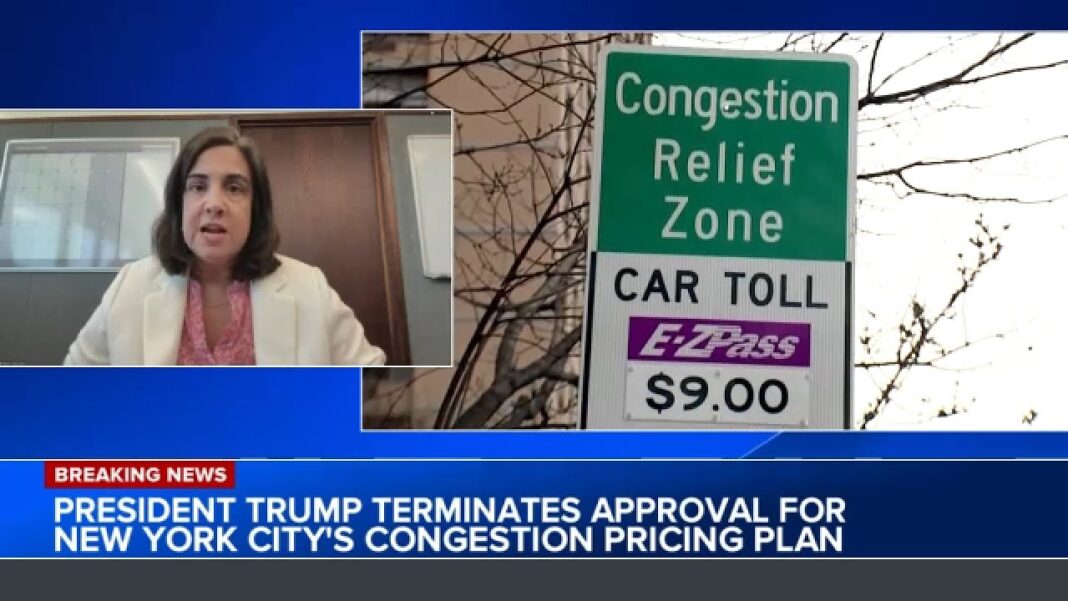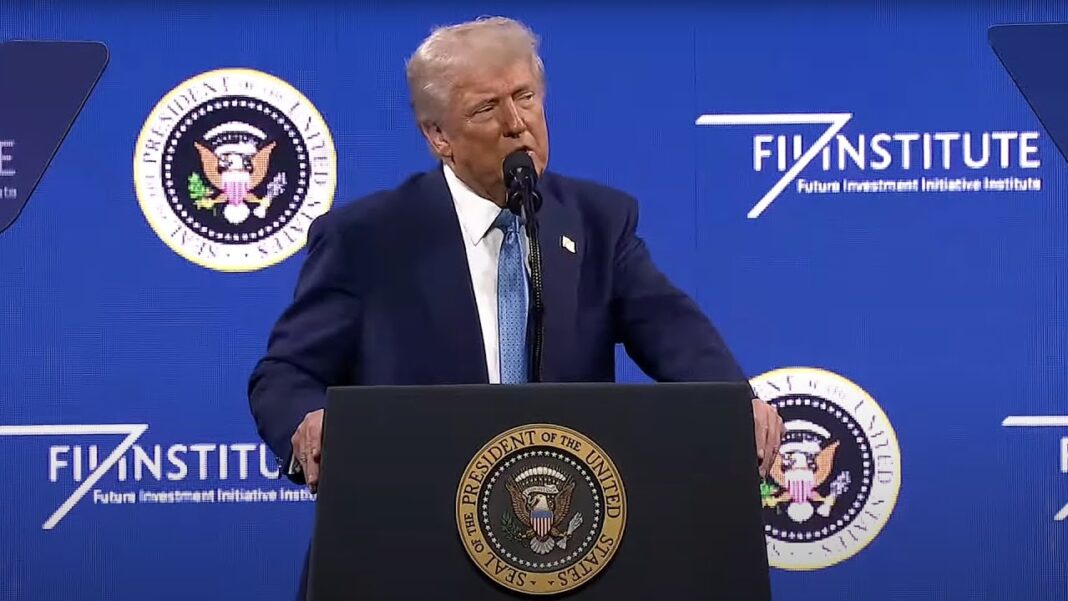The president added a new category of products to previously planned tariffs.
President Donald Trump said on Feb. 19 that he will soon announce new tariffs on lumber and other forest products.
Trump told an investment conference in Florida that he will be announcing tariffs on lumber in addition to other products he’d previously said would be subject to tariffs, including cars and pharmaceuticals, “over the next month or so.”
“It’s going to have a big impact on America. We’re bringing our businesses back,” the president said. “If they don’t make their product in America, then they very simply, they have to pay a tariff. But if they do make their product in America, they don’t have to pay any tariff, which will bring … trillions of dollars into our treasury, or it’s going to mean that there won’t be any taxes because we want to have a fair base.”
The tariffs will also extend to forest products, the president said, speaking to reporters aboard Air Force One later in the day.
“Everybody’s coming back into America, including foreign companies. They’re going to be coming in because they don’t want to pay the tariffs,” Trump told reporters.
Some companies such as Nissan have said they are considering shifting production to the United States in response to tariff threats.
The tariffs will likely be imposed around April 2, according to the president.
Trump previously said that the United States could impose tariffs of about 25 percent on cars, semiconductors, and pharmaceuticals. He said during a press conference on Feb. 18 that the tariffs would start at 25 percent and higher and “go very substantially higher over the course of a year.”
He said at the time that he would provide additional information on those tariffs on April 2.
Trump signed an executive order on reciprocal tariffs earlier in February, or a matching tariff to whatever amount countries have levied on the United States, as well as an order for tariffs on steel and aluminum. Before that, he imposed an additional 10 percent tariff on goods from China, on top of the tariffs he placed on China during his first term. The tariffs had been kept in place by President Joe Biden.






